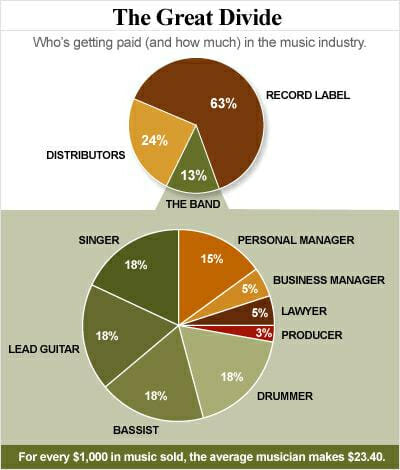Our Double Standard on White Collar Fraud
Nobody really liked Jeff Skilling of Enron and he sits in jail for 20 years. We think Elizabeth Holmes is attractive and cool so that despite the fact that she committed serial fraud in lying about her company's technology and financials (far more baldly and egregiously than Skilling) and actually put people at risk through faulty medical testing, she got only a slap on the wrist.
And then there is Elon Musk.
The Economist used to be boring, but smart with a wicked dry wit. Now it’s just boring (sigh). Tesla will be profitable & cash flow+ in Q3 & Q4, so obv no need to raise money.
— Elon Musk (@elonmusk) April 13, 2018
I am not sure how I got in the role of fact-checking Elon Musk, but given the company's stated results to date and announced operating plans and strategies, there is simply no way for the Tesla to be profitable and cash flow positive in Q3, barring some deus ex machina like a massive energy credit or California subsidy windfall. It's possible I could go in there and shut down R&D and model 3 production and milk the Model S and X for cash and might make this be true, but that is certainly not their announced business plan. On their current path Tesla has to continue to burn cash through the rest of this year. I am not even sure that if you stated their gross margin the same way that other automakers state their numbers that even it would be positive right now -- there is an argument to be made they are still losing money at the margin on every car they produce**. I would add that in this point of their ramp, if you want to see Tesla the huge success that is baked into its current stock valuation, you don't want Tesla to be cash flow positive in the third quarter, you want it continuing to invest. Amazon rules the world because it deferred profitability for years in favor of growth.
Tesla pretty much never ever lives up to Musk's promises, at least for the dates he promises them. That is probably OK with things like deliveries of new products -- people understand he is pushing technology and new products can be delayed and they forgive entrepreneurs for being -- shall we say -- overly enthusiastic about such things. But on financial stuff like this his statements are bordering on fraud. But he'll never get called on it, because we like him in a way we didn't like Skilling.
I will add that if Musk wants to get snippy about the media's guesses about his company's prospects, and thinks we are all getting it wrong, he could sure be a lot more transparent about Tesla's financials and plans. Go watch an Exxon-Mobil analyst presentation and compare it to Musk's quarterly arm-waving. Also, one final memo to Musk: responding to your critics on Twitter emulating Trump's style is not recommended. Though it might be interesting to compare the irrational populist wave behind Trump with the populist wave behind Tesla. Though the two Venn diagrams of supporters probably do not overlap much, the whole relationship feels similar to me.
Disclosure: I have been short TSLA in the past but right now have no position. To be honest, I am going to let Musk urge his fanboys to pump the stock a bit further before I short again. The fanboy effect makes TSLA a dangerous short, as TSLA stock holders will defy reality for far longer than will holders of say GE or XOM.
** gross margin at TSLA is interesting because TSLA has no dealer network, something I like them for. GM discounts its cars to their dealers (10% or so?) but in turn they offload a bunch of selling and support costs to the dealers. In their gross margin, TSLA banks in their gross margin the extra 10% from not having to discount their cars but in turn does not charge gross margin for a lot of the extra sales and support costs they have to take on -- instead they drop these costs into SG&A overhead. The situation with gross margin is even more complicated because Tesla not only has to build out and operate its own warranty service, sales, and delivery network to replace traditional dealers, it is also building out its own fueling service to replace gas stations. Here is one guy who thinks Tesla gross margin is really negative. I have zero idea who he is but for the last year his predictions about Tesla have been a lot more reliable than Musk's statements.

